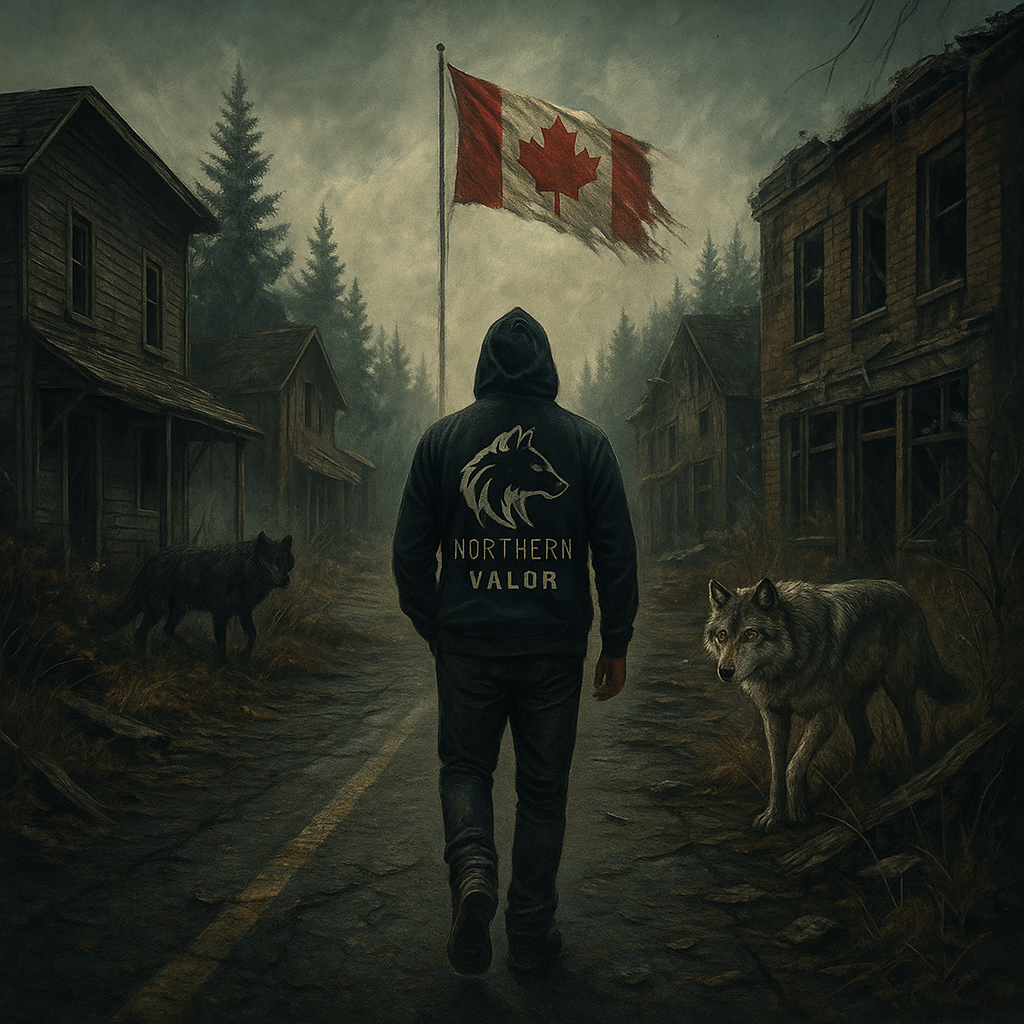
Netflix's "Wayward" Proves Small Town Canada is a Decaying Moral Wasteland
Share
Netflix's "Wayward" Exposes the Rotting Core of Small-Town Canada, and You Know It's True
The new Netflix mega-hit "Wayward" is being celebrated as a tense, gripping thriller. But its true power, the reason it’s burrowing under the skin of millions of Canadians, is that it’s not really a thriller at all. It’s a documentary in disguise. Set in a fictional, decaying town in Northern Ontario, the show’s central mystery is just a backdrop for its real subject: the quiet, desperate, and morally bankrupt reality of life in much of small-town Canada.
Forget the quaint, folksy image of Canada we sell to tourists. "Wayward" presents a world we all know is real but refuse to talk about. A world of economic desperation, opioid addiction simmering just beneath the surface, bored teenagers with nothing to do but get into trouble, and adults nursing decades of quiet resentment and secret affairs. The show’s horror isn't the monster in the woods; it's the banal, everyday evil of people trapped in a life of limited opportunity and quiet desperation. It's the hypocrisy of the town council, the corruption of the local police, and the secrets everyone knows but agrees not to mention.
"Wayward" works because it taps into the uncomfortable truth that behind the Tim Hortons smiles and friendly waves, many of our small communities are rotting from the inside out. They are hollowed-out places, abandoned by industry and young people, left to fester with their own secrets and prejudices. The show is a hit not because it's great fiction, but because it’s the most brutally honest portrayal of the real Canada that our subsidized, government-approved media would never dare to make.
